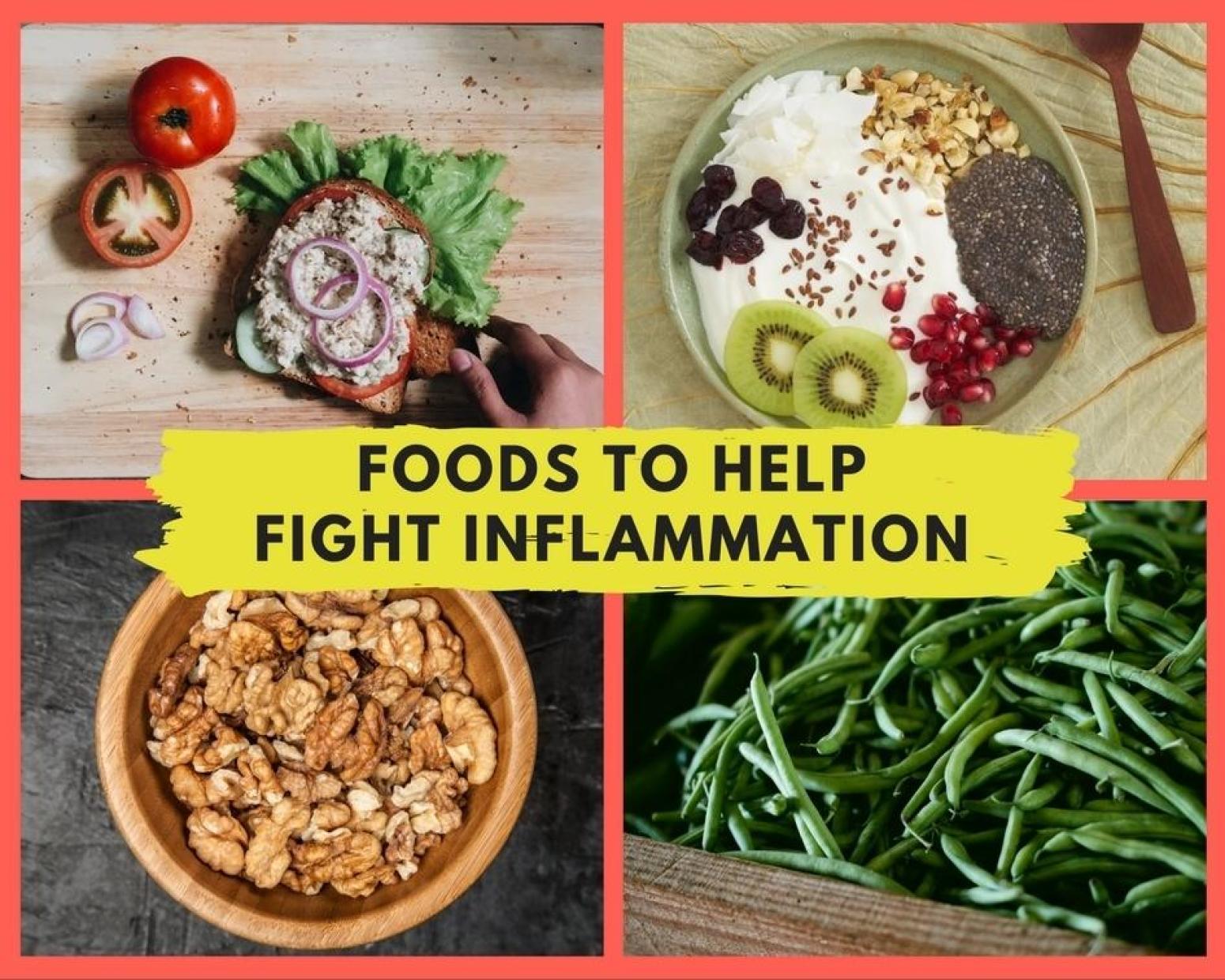Right now, the words anti-inflammatory are hot in the news and media. The buzz has created a controversy; there are so many lists of anti-inflammatory foods out there it’s hard to keep track. How do you know what you should eat to fight inflammation?
First, you need to understand what inflammation is. There are two types, acute and chronic inflammation. Acute inflammation occurs when you injure yourself or get an infection. For example, when you sprain your ankle and it inflames that is acute inflammation.
Chronic inflammation is activation of the immune system in a more chronic way and manifests itself differently in each person given genetics and lifestyle. Researchers now see chronic inflammation as the cause or perpetuation for many chronic conditions.
So, what foods can help you fight the inflammation response?
Produce
You may have seen many infographics labeling certain vegetables or fruit “anti-inflammatory.” In truth, just about any produce includes inflammation-fighting antioxidants and phytonutrients. The best thing you can do is aim to get two fistfuls of vegetables per meal and ideally all the colors of the rainbow throughout the week. This will provide you the most diverse number of inflammation-fighting compounds.
Fish
Omega three fatty acids elicit potent anti-inflammatory effects on the entire body. Fatty fish such as salmon and tuna are the richest animal source of omega three fatty acids. However, almost all seafood contains omega three fatty acids as well.
Super-seeds
If you’ve seen lists with chia, hemp, or flaxseeds on them, that is because these are excellent sources of plant-based omega three fatty acids as well as more phytonutrients. Just remember the body cannot digest flax seeds unless they are ground.
Walnuts
Walnuts are similar to the previously mentioned super-seeds because walnuts are a rich source of plant based omega three fatty acids. Some studies have shown beneficial health effects including improved cognition, blood lipid panels, and decreased the risk of certain cancers. (1)
Spices
Turmeric is getting a lot of warranted attention as an anti-inflammatory superstar. From golden milk (coconut milk and/or oil mixed with numeric) to stir-fry recipes, you can find it in just about anything. However, almost all spices have some anti-inflammatory promoting chemical or property to them, so season away!
Resources:
(1) Nagel, Jutta M., et al. “Dietary walnuts inhibit colorectal cancer growth in mice by suppressing angiogenesis.” Nutrition 28.1 (2012): 67-75.
